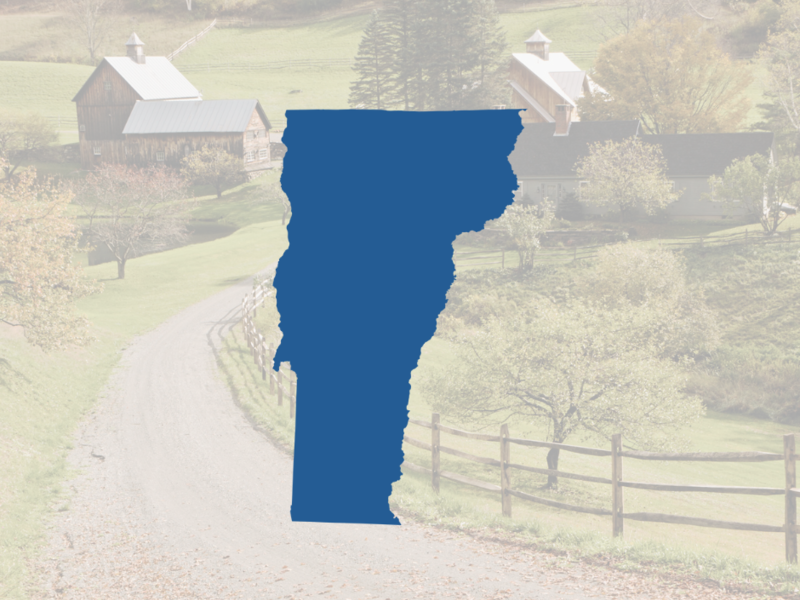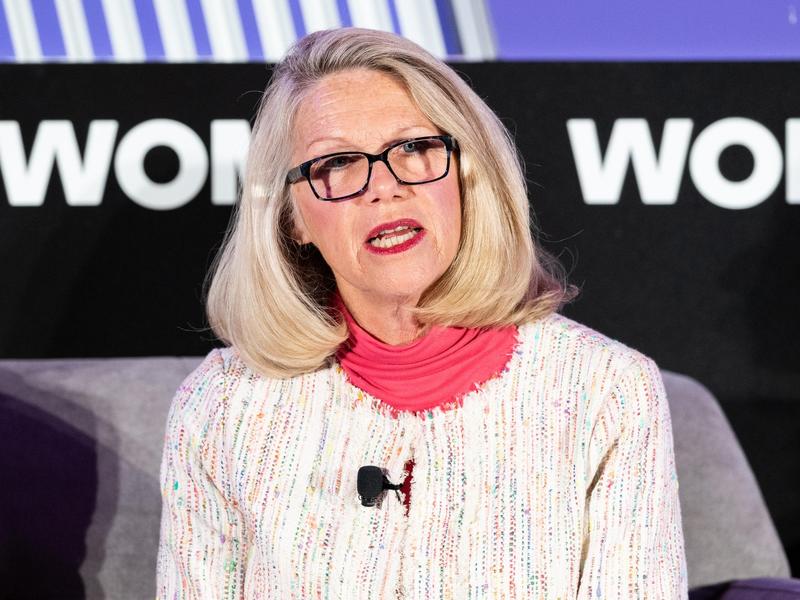
Sen. Cory Booker’s announcement on Monday that he was dropping out of the presidential race will give new impetus to the complaint that Tuesday’s Democratic presidential debate in Des Moines will have no African-American or Latino candidates on stage.
But as unfortunate as that is, that objection ignores two important factors. First, presidential nomination contests are Darwinian; only the strongest survive. Secondly, it is the Democratic National Committee’s job to guarantee an opportunity for every credible candidate—not an outcome.
Booker and Kamala Harris had each participated in five debates before Harris dropped out of the race last month. Julián Castro had been in three. Each participated in dozens of candidate forums and hundreds of town halls, rallies, media appearances, and newspaper interviews; and shook thousands of hands. Each had their shot, just as Steve Bullock, Bill de Blasio, Kirsten Gillibrand, John Hickenlooper, Jay Inslee, and Beto O’Rourke. Two more white guys, Michael Bennet and John Delaney, qualified for only the first two debates, but both are persevering despite horrific odds.
So far, 22 different Democratic candidates have qualified for at least one of the six debates. Tuesday’s installment will be Tom Steyer’s first. Michael Bloomberg has yet to qualify.
During and after the 2016 Democratic presidential campaign, there were complaints that the DNC had not played square, that it had a finger on the scale for Hillary Clinton. It is certainly true that the DNC didn’t go out of its way to do Bernie Sanders or Martin O’Malley any favors, or to do Clinton any harm. But to address those suspicions, complaints or misdeeds, current DNC Chairman Tom Perez went out of his way to be small "d" democratic, setting up at the outset an objective set of criteria for debate inclusion. These included national polls and polls in the early states, as well as fundraising thresholds, going to the point of treating a $1 contribution the same as a $2,800 donation. Candidates had taken to asking people to send them a dollar just to keep them on the debate stage.
A very good argument can be made that Perez and the DNC were overly inclusive, allowing a bewildering number of candidates to parade across voters’ television screens. Some voters said they wouldn’t even bother paying attention to the race until it was winnowed down to a more reasonable half dozen or so. Fifty years ago, Alvin Toffler's book Future Shock introduced the term “over-choice,” in which a consumer has so many choices that it makes decisions more difficult. This was over-choice.
In a terrific column last week, my colleague Amy Walter discussed the “durability” of Joe Biden and Bernie Sanders, who started the race as the only known quantities. No surprise, then, that they find themselves right where they started the race—atop the polls. In the din of 28 Democratic candidates, 12 of whom still remain in, some of the very talented and highly credible candidates—Bullock, Booker, Castro, Harris, Hickenlooper, O’Rourke—found it hard to break out of the clutter.
This wasn’t preordained. After all, Iowa and New Hampshire each have had four different candidates in first place in the polls in the last four months. There was a point when Pete Buttigieg was coming on like a locomotive. Elizabeth Warren had her turn atop the polls. Either of them still could win the nomination, but the size of the field made the brand identity of Biden and Sanders an even bigger advantage.
As recently as early October, Warren appeared to be the front-runner for the Democratic nomination. She certainly had the best campaign stump skills of any candidate in this race and the best organization in Iowa and New Hampshire. At least to me, there seemed no doubt that she would emerge from the “progressive lane.” Now, it sure looks more likely that it will be Sanders.
The great unknown is still the Super Tuesday primaries on March 3. My hunch tells me to keep an eye on Bloomberg, who might yet change the dynamic of this race. But that won’t solve the problem we outlined at the top of this column.
For those wringing their hands at the monochromatic debate stage Tuesday night, here is a prediction that will set your teeth to gnashing: I’d say there is an 80-85 percent chance that the Democratic nominee will be a white guy, meaning that the general-election debate stage will feature two white guys.
This story was originally published on nationaljournal.com on January 14, 2020









Subscribe Today
Our subscribers have first access to individual race pages for each House, Senate and Governors race, which will include race ratings (each race is rated on a seven-point scale) and a narrative analysis pertaining to that race.